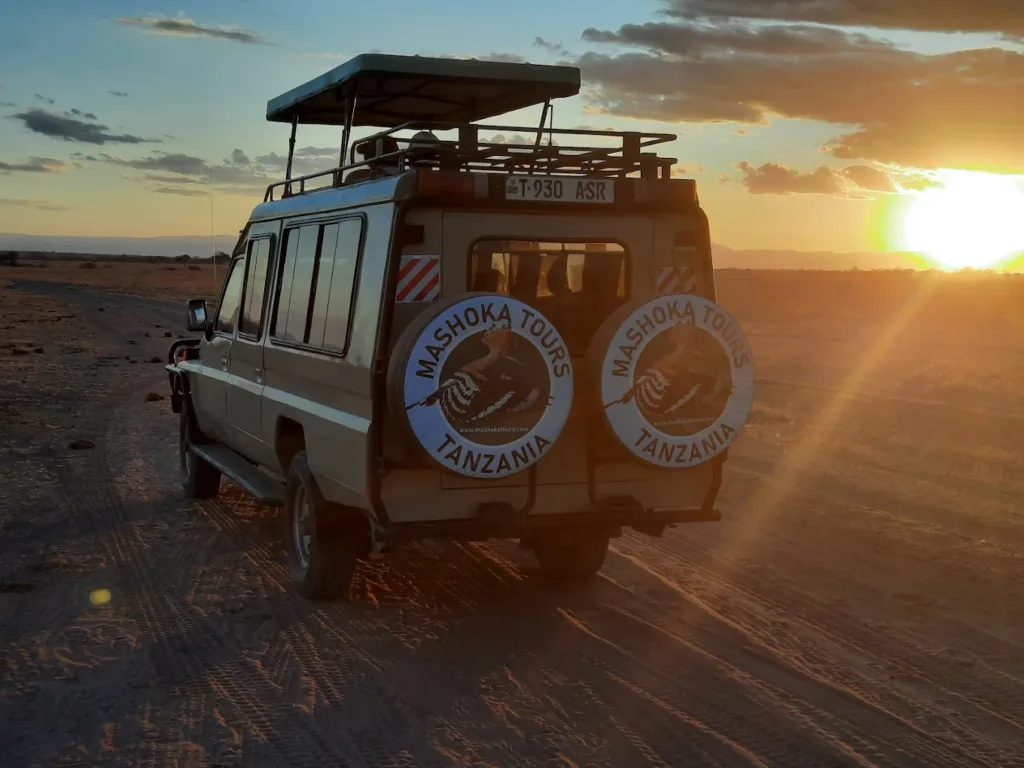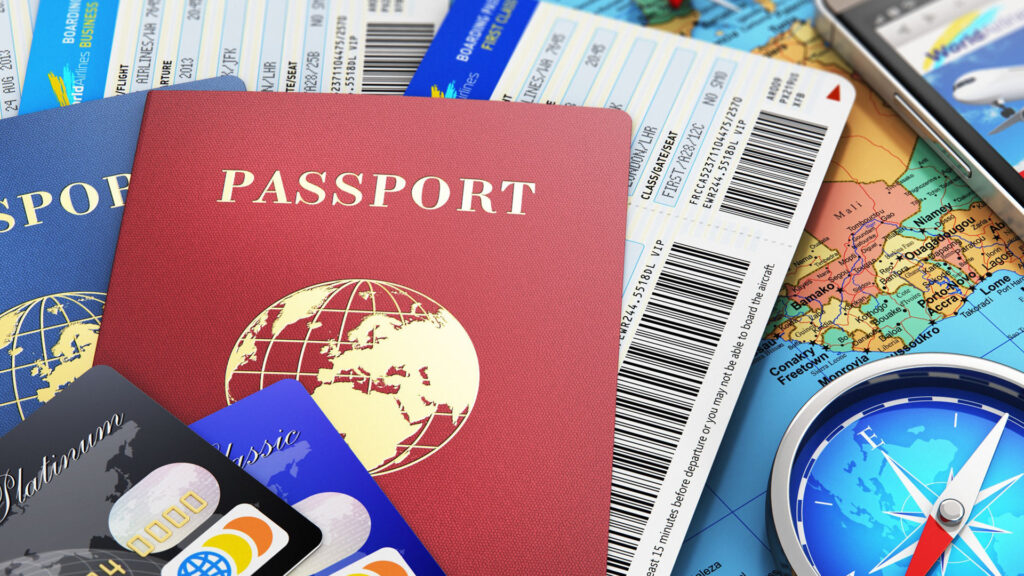Travel Guide


Passport Essentials: For your Tanzanian adventure, ensure you have a valid passport with an entry or re-entry visa endorsement and a return or onward ticket. Visas are generally needed, but visitors from certain Commonwealth and specified countries are exempt.
Accessible Visa Options: Obtain your visa conveniently through online application, Tanzanian Diplomatic Missions or Consulates abroad, and main entry points like international airports, sea ports, and border posts. Your hassle-free entry to Tanzania awaits with straightforward visa procedures at your disposal.
Yellow Fever: If you’re arriving from or passing through yellow fever-endemic countries, ensure you have a valid yellow fever vaccination certificate at entry points. Take preventive measures against malaria by using anti-malaria tablets, mosquito nets, and provided insect sprays.
Travel Insurance: Prioritize your well-being by obtaining travel insurance, offering coverage for medical expenses and more. Stay informed and safeguard your health throughout your Tanzanian journey with these simple yet crucial health tips.
Personal Items Welcome: Enjoy a hassle-free entry as personal effects like binoculars, cameras, and film can be brought in temporarily duty-free. However, visitors with professional video/filming equipment, radios, tape recorders, and musical instruments might be asked for a custom bond to ensure re-export.
Special Considerations: For firearms, a special permit obtained in advance is essential. If you’re purchasing local handicrafts, remember to retain cash sales receipts and ownership certificates for wildlife trophies. This documentation will be requested by Customs officials upon your departure, ensuring a seamless exit from Tanzania.
Official Currency: The Tanzania Shilling is the recognized currency, and it’s important to note that importing or exporting it is against the law.
Foreign Currency Allowance: Visitors can bring any amount of foreign currency up to USD 10,000, but amounts exceeding this must be declared upon arrival or departure. Exchange your foreign currency at commercial banks, authorized dealers, or bureaux de change at international airports and major towns with assistance from your local driver-guide.
Accepted Currencies: US dollars, Pound Sterling, and Euros, along with Visa and MasterCard, find wide acceptance in most hotels, lodges, and tourist areas. While American Express isn’t widely accepted, ATMs in major towns allow cash withdrawal using Visa and MasterCard. Keep small denomination USD bills handy for miscellaneous safari expenses, and change will be provided in Tanzania Shillings. Remember, it’s illegal to exchange money with unauthorized individuals.
Travel Light for Comfort: When embarking on safaris or using small aircraft, keep in mind that there’s limited space for luggage. To ensure a smooth journey, opt for light and soft-sided bags. Avoid bulky suitcases, as they can overload and may not be accommodated on board. Prioritize comfort and convenience by packing efficiently for an enjoyable and hassle-free safari experience.
Airport Tax: For all air departures, an airport tax is applicable. In many cases, this fee is already included in your airline ticket. Be prepared for baggage checks at check-in counters, and Customs may inspect your belongings. Remember that departure tax is applicable for domestic flights as well. Keep in mind that these taxes are subject to change. If you’re traveling by road, no departure tax is required.
While Kiswahili is the national language, English is widely spoken, especially in the tourist industry and international businesses. At Lotus Spa Safaris, our team goes the extra mile with multilingual operations staff and driver-guides.
Tanzania boasts international accessibility through Dar es Salaam, Kilimanjaro, and Zanzibar International Airports, welcoming numerous global airlines. For domestic travels, rely on local carriers like Precision Air, Regional Air, Air Excel, Coastal Aviation, Auric Air, As Salaam Air, and the national pride, Air Tanzania, ensuring convenient journeys within the country.
Tropical Bliss: Tanzania, located on Africa’s east coast just below the Equator, boasts a tropical climate that stays warm year-round. The coastal areas are humid, while the highlands offer a refreshing and brisk atmosphere, enhanced by Indian Ocean breezes on the islands. In the northern highlands (Arusha, Ngorongoro, Mt Kilimanjaro) and southern highlands (Iringa, Mbeya), the climate is temperate, with cooler temperatures from June to September. The warmest stretch occurs from October to February.
Seasonal Showers: Experience two distinct rainy seasons – short rains from November to January and long rains from March to May. These bring the essential greenery, maintaining Tanzania’s renowned wildlife and majestic game, creating a captivating environment for your exploration.
Light & Airy: Dress comfortably in light tropical attire, favoring cotton slacks, shirts, and skirts. For higher altitudes like Usambara, Ngorongoro Crater, Mount Kilimanjaro, Arusha, and the southern highlands, include some warm clothing for cooler evenings and mornings.
Footwear Matters: Opt for comfortable walking shoes, especially for safari adventures. Don’t forget insect repellents and sunscreens to stay protected.
Zanzibar Etiquette: In Zanzibar, a request for modest dress is made. Save swim suits, mini skirts, and revealing clothing for hotels, beaches, and resorts – ensuring a respectful and enjoyable experience.
Gemstone Haven: Tanzania is a gemstone paradise, offering exquisite souvenirs like Tanzanite, a rare native gem. Explore gemstone shops for Tanzanite, Ruby, Rhodolite, and Tourmaline. Tanzanite, discovered in 1967 in Arusha, holds the world’s only commercial source.
Local Artistry: Delight in Makonde carvings, Tinga Tinga works, and batiks. Embrace the iconic miniature Zanzibar chests—all at affordable prices. Treasure your Tanzanian journey with these unique finds!
Consider a temporary AMREF Flying Doctors membership for air medical evacuation to Nairobi, ensuring swift and reliable emergency services when needed.
Tanzania operates in a single time zone without Daylight Savings Time, keeping things simple at GMT + 3.
215 – 230 Volts, 50 Cycles AC

